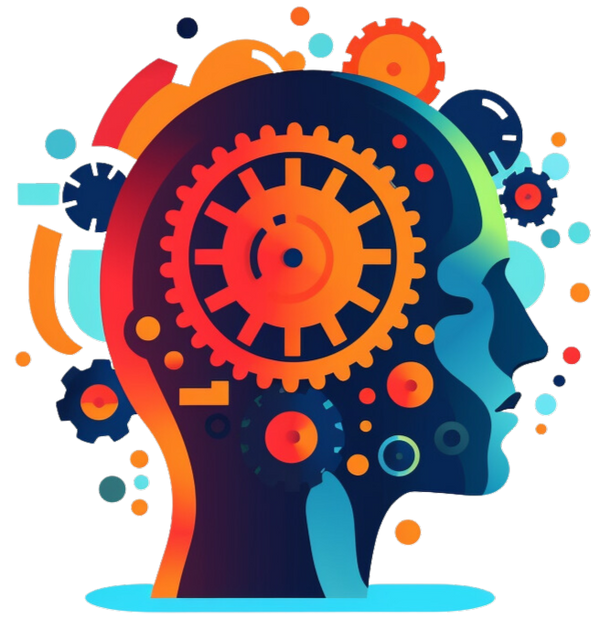
ADHD symptoms: These plants can also be beneficial
Share
Have you taken Ritalin? A typical ADHD question (even adults forget). Some herbal substances can have a similar effect. Here's an overview of the top 5.
Important to note: The use of these herbal substances to treat ADHD should always be done in consultation with a medical professional to consider individual needs and possible interactions. This applies especially if you are already taking an ADHD medication. Otherwise, reputable websites on the subject or discussions with experts on these herbs are also sufficient (the information provided is based on current scientific studies published on PubMed). In fact, it's best to speak with a pharmacist or herbalist familiar with these substances.

1. Saffron (Crocus sativus)
Effects: Saffron contains bioactive compounds such as crocin and safranal, which act on the central nervous system. Saffron is believed to modulate the neurotransmitters dopamine and norepinephrine, which may contribute to the improvement of ADHD symptoms (i.e., exactly like Ritalin/Medikinet = methylphenidate).
Study findings: A randomized, double-blind study compared the efficacy of saffron with methylphenidate in children with ADHD. Both groups showed significant improvements in symptoms, with no significant differences in efficacy or side effects.
Further link: Crocus sativus L. Versus Methylphenidate in Treatment of Children

2. Pycnogenol (extract from the bark of the French maritime pine)
Effects: Pycnogenol is rich in antioxidant flavonoids, which possess neuroprotective properties. It is believed to improve blood flow to the brain and reduce oxidative stress, which may help relieve ADHD symptoms.
Study situation: In a randomized, placebo-controlled, double-blind study with 61 children, taking Pycnogenol for four weeks led to a significant reduction in hyperactivity and impulsivity as well as improvements in attention and visuomotor coordination.
Related link: Treatment of ADHD with French maritime pine bark extract

3. Bacopa monnieri (small butterwort, Brahmi)
Effects: Bacopa monnieri is a plant from Ayurvedic medicine traditionally used to improve cognitive function. It contains bacosides, which promote communication between neurons and have antioxidant effects.
Study findings: A systematic review of clinical trials in children and adolescents suggests that Bacopa monnieri may improve cognitive performance and alleviate behavioral symptoms in ADHD. However, further well-designed studies are needed to confirm these findings.
Further link: A systematic review of the Ayurvedic medicinal herb Bacopa

4. Rhodiola rosea (roseroot)
Effect: Rhodiola rosea is considered an adaptogen that helps reduce stress levels. At the same time, it is said to improve cognitive performance and attention. The presumed mechanism of action is based on normalizing the release of stress hormones like cortisol and optimizing neurotransmitters like serotonin and dopamine.
Study results: A pilot study showed that taking Rhodiola rosea can improve mental acuity and the allocation of mental resources. Overall, the results suggest an improvement in cognitive function. However, further, larger studies are needed to confirm these effects.
Related link: Effects of a Rhodiola rosea extract on mental resource allocation

5. Ginkgo biloba
Effects: Ginkgo extracts are known for their circulation-promoting and antioxidant effects. They also improve cerebral blood flow — and can thus support cognitive functions such as attention, memory, and focused concentration. They may also influence the neurotransmitters dopamine and noradrenaline, which are relevant in ADHD (see saffron).
Study findings: A study in children with ADHD found that administration of Ginkgo biloba led to improvements in attention performance. The results suggest that Ginkgo biloba may be useful as a complementary treatment for ADHD.
Further link: Ginkgo biloba extract EGb 761® in children with ADHD
